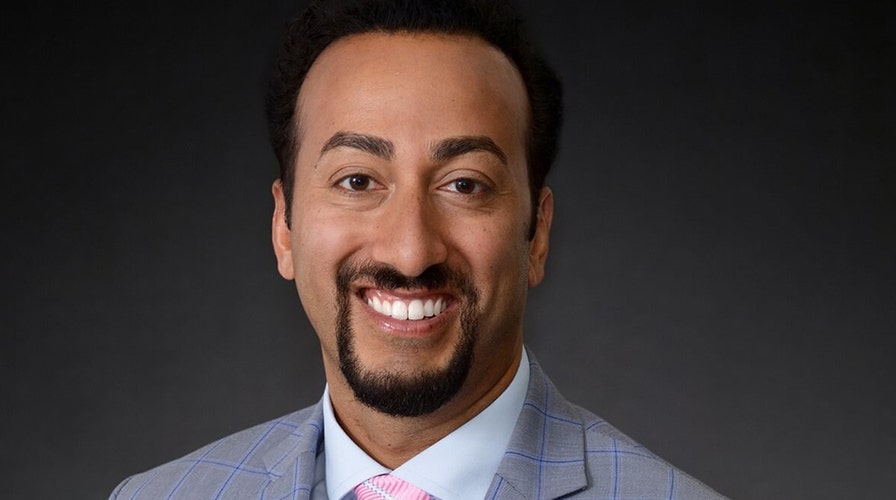Former acting CDC director questions how to get people back to work while keeping them safe
CDC releases more guidelines on reopening; former acting CDC director Dr. Richard Besser weighs in.
Patients who have postponed or canceled doctor’s appointments or treatments due to the coronavirus pandemic should get in touch with their doctors and resume their health care routines, according to the president and CEO of Cancer Treatment Centers of America.
Dr. Pat Basu is warning of a “shadow curve” that may result in a dramatic spike in undiagnosed and untreated non-coronavirus illnesses -- and deaths -- as a side effect of the pandemic.
Doctors find a lot of cancers during screenings – and many more incidentally as they meet with patients for non-cancer examinations. And neither of those types of appointments are happening as often as they were before the COVID-19 outbreak, Basu told Fox News Wednesday.
“That, to me, is a major concern,” he said.
DOCTORS SOUND ALARM AS CORONAVIRUS SPARKS DROP IN CANCER DIAGNOSES
And it’s not just missed cancer diagnoses – postponed appointments could leave patients in the dark about heart disease, neurologic problems and other conditions, he said.
Governors and health care organizations should urge Americans to “go get your medical care,” he said.

Dr. Pat Basu is warning of a “shadow curve” that may result in a dramatic spike in undiagnosed and untreated non-coronavirus illnesses -- and deaths -- as a side-effect of the pandemic. (Cancer Treatment Centers of America)
Anyone with an active diagnosis should continue treatment, he said. Patients who postponed screenings or follow-up appointments should consider scheduling them soon, and otherwise healthy people should at least remain in touch with their doctors.
There are also potential behavioral and social risks adding to the “shadow curve,” he said: for mental health issues like suicides and domestic abuse, as well as the effects on children missing too much school.
If this other curve goes ignored, he said the death toll could be much higher than that of COVID-19.
Picture this: Three years into the future, he said, researchers may look back at the pandemic and count the deaths that resulted from undiagnosed conditions -- from heart attack, cancer, stroke or mental health.
“We need to prevent that study in 2023 from being written,” he warned. “We need to stop that tidal wave from causing absolute destruction.”
It’s possible, he said, by focusing on letting patients know they should still pay attention to other health issues, although the coronavirus is widespread, highly contagious and potentially deadly.
CANCER SCREENINGS PLUMMET IN US AMID CORONAVIRUS PANDEMIC: REPORT
“We are equipped, as a health care system, to address these things, as long as we don’t have a one-size-fits-all monolithic policy,” he said.
Basu said that patients should weigh the seriousness of their health concerns and advice from their doctors, combined with factors such as underlying health conditions that would make them a higher risk for contracting coronavirus and the extent of the outbreak in their local communities when deciding to seek in-person treatment.
The American Cancer Society, which had earlier encouraged the postponement of nonessential screenings, is now urging patients to return to seeking cancer screenings if they feel safe about visiting their health care providers.
CLICK HERE FOR THE FOX NEWS APP
The CDC seems to have taken notice, as well. It announced a new framework last week for non-coronavirus care. The guidance weighs the rate at which COVID-19 is impacting a given community and the non-coronavirus health risks involved if seeking care is delayed.
Dr. Basu gave another example: Between 1.7 and 1.8 million cases of cancer are diagnosed each year, but people who have skipped appointments over the last three months are not getting diagnosed. If they wait until next year, when an undiagnosed condition may worsen, even if it remains treatable, they could face dramatically worse consequences to their quality of life for years.
The difference between the different stages of cancer are “exponential,” he explained.
“I’d rather help you at stage 2 than stage 3, or stage 3 than stage 4,” he said.










































